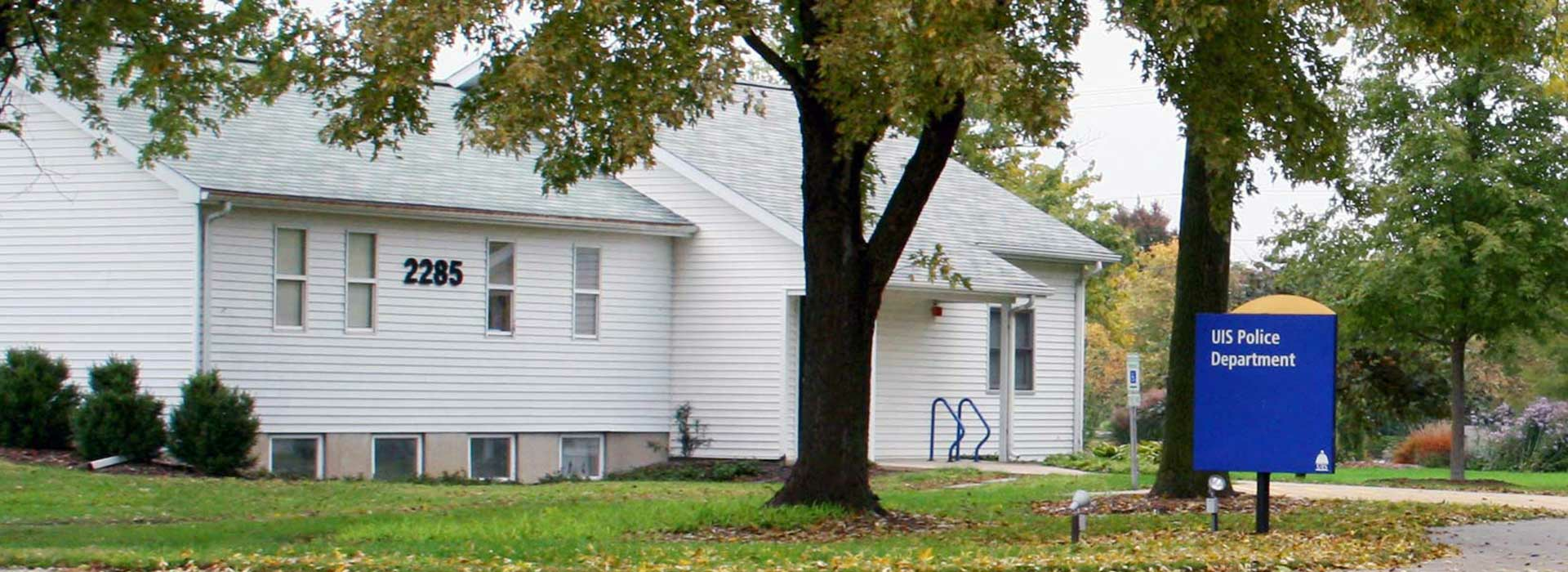University of Illinois Springfield Expressive Activity Policy
University Community Members have the freedom to engage in Expressive Activities on University of Illinois Springfield (UIS) Property subject to restrictions that are consistent with established First Amendment principles and principles of academic freedom. This policy affirms the university’s commitment to the open exchange of ideas and values through Expressive Activities without intimidation or harassment and establishes parameters to help provide a safe environment, protect property and promote the proper functioning of the university’s teaching, research, economic development, and public service missions and business operations.
Expressive Activities means speech, assembly, demonstrations and any other expression protected under the First Amendment to the U.S. Constitution or Article I of the Constitution of the State of Illinois, with the exception of commercial activity. Expression and activities that fall outside First Amendment protection, such as obscenity, defamation and true threats, are not protected under this policy.
Please refer to the UIS Expressive Activity Policy for more information.
